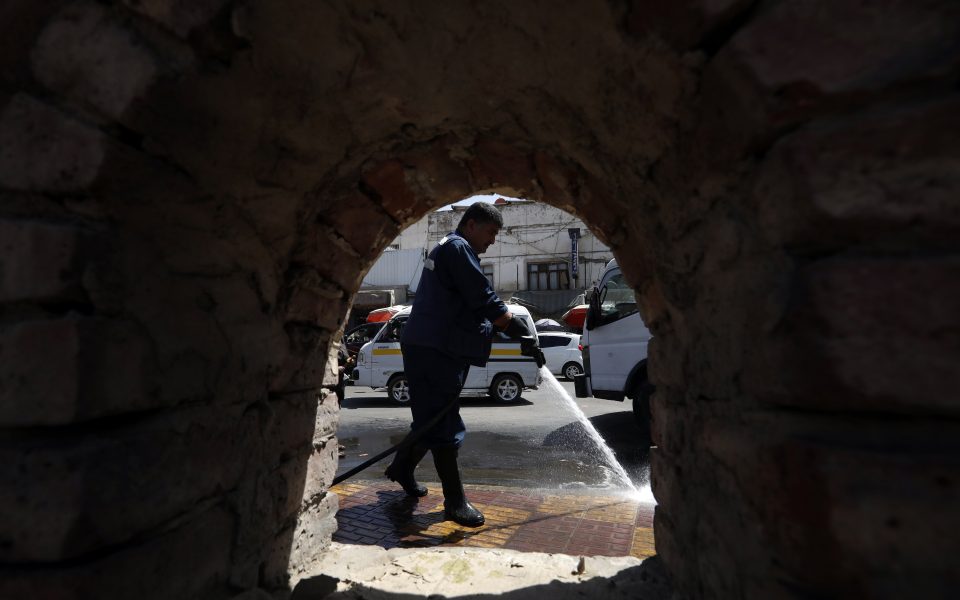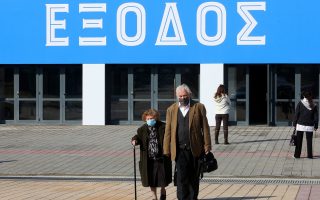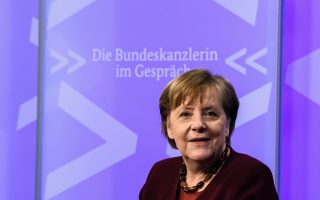International Day of Multilateralism and Diplomacy for Peace

Multilateralism is a term that emanates from the establishment of multidimensional institutions such as the International Monetary Fund and World Bank, both of which were formed at the end of World War II. These two international institutions were the embodiment of multilateralism, which later culminated in establishing regional institutions such as the Asian Development Bank, the African Development Bank and the Inter-American Development Bank. The International Day of Multilateralism and Diplomacy for Peace was established on December 12, 2018 and observed on April 24, 2019 by resolving United Nations resolution A/RES/73/127. The day was set aside by the UN to emphasize its Charter’s significance to the peaceful resolution of the disputes. Besides, the day also saw an acknowledgment of the UN’s fundamental pillars of sustainable development, peace, security and human rights protection.
Multilateralism Day is significant for several reasons, such as the fact that it is usually used to highlight some of the global issues that require collective governance reforms through the strengthening of international cooperation. On this day, the UN reaffirms its Charter and principles by revising the norms and practices that are used in guiding nations in tackling the ever-growing challenges of seclusion and safety. Amid a growing deterioration in respect for international law, there have been calls for world leaders to come together in an alliance to demonstrate just how vital multilateralism is. The German and French foreign ministers have convened such meetings in the context of the Alliance for Multilateralism. The initiative is centered around three main goals: reforming international institutions, making up for nations’ failure to stand up and fight for fundamental standards, and advocating for strong governance initiatives. On each Multilateralism Day, the alliance reminds its members of the ever-emerging initiatives and events related to its themes and principles. New challenges such as human rights, international humanitarian laws, cyberspace, climate and arms control have all been listed as initiatives to be tackled by the alliance.
Some of the relevant initiatives addressed by this alliance are coming up with a framework on how best to strengthen multilateral health planning through the Paris Peace Forum. Another example of the initiatives was that which declared Covid-19 as a global pandemic and a wake-up call for multilateralism. As such, there needs to be a collective concerted effort in fighting the disease.
From the official European Union side, in his message last year, High Representative for Foreign Affairs and Security Policy Josep Borrell stressed that conflict prevention and resolution is at the heart of multilateralism. The EU echoed and supported the call by the UN secretary-general for a global ceasefire. It was highlighted that nowadays, more than ever, it is time for all those involved in armed conflicts anywhere in the world to put down their weapons and engage in genuine efforts to find political solutions.
Coronavirus
Over the last year, around the world, we have witnessed border closures and measures separating countries, communities and families, demonstrations, grave episodes of intolerance, discrimination and domestic violence. No one can deal with all these alone. Cooperation and solidarity at all levels has proven to be essential.
Multilateralism has helped to ensure that states, the World Health Organization, civil society organizations as well as the private sector have all played important roles in supporting the fight against Covid-19. For instance, in recent months, the UN has played a critical role in ensuring that peace and stability in countries experiencing violence amidst the pandemic are guaranteed. To achieve this goal, the UN has encouraged these nations to solve conflicts through dialogue since it is through peace that the organization can ensure that citizens are given access to food and drugs essential during the pandemic period. International institutions such as the IMF have released reports warning of a global recession based on the fact that the Covid-19 has affected billions of livelihoods. For this reason, it has managed to support up to over 100 developing countries for them to deal with the pandemic effectively. Civil societies have also been able to carry out initiatives and community awareness programs that have helped enlighten citizens as how best to combat the Covid-19 virus. This has been done through technology and social media, whereby only the right information has been passed on to the people. Nongovernmental organizations such as the Jack Ma Foundation (JMF) have played an important role during the pandemic by donating personal protective equipment to doctors and medical practitioners in most developing countries. The World Bank has been able to help nations manage the pandemic by coming up with and supporting governance projects and peace-building projects that have gone a long way toward ensuring that the money donated is used properly.
A major upcoming multilateral event is one that touches on the need to defend human rights amid the pandemic and deliberations on how best to counter the ever-changing global climatic patterns. This will help in steering the globe toward a better future and give clear instructions as to how to handle our fellow human beings in a peaceful and dignified manner.
It is important to note that nations initially understated the need to come together in fighting Covid-19 and negating its bizarre effects. The virus has no respect for boundaries and, therefore, calls for a collective approach. Through multilateralism, nations have built strength that has enabled them to combat the pandemic collectively. It is important that there be a reduction in the stigma, discrimination as well as xenophobia that is associated with the pandemic and the need for each state to enlighten its citizens on the importance of adhering to the set guidelines such as practicing social distancing and washing hands frequently to avoid contracting the infection.
Main message
The International Day of Multilateralism and Diplomacy for Peace was established by a UN General Assembly resolution on December 12, 2018 as “a means to promote the values of the United Nations and to reaffirm the faith of our peoples in the purposes and principles enshrined in its Charter, to reaffirm the importance and relevance of multilateralism and international law and to advance the common goal of lasting and sustained peace through diplomacy.”
The main message on an international day like this is that we need to stand by our commitments. The resolutions of the Security Council, for example, are binding on all United Nations members. They should not be ignored. All nations should apply international laws, promote fundamental rights, support peace and democracy, and ensure accountability for violations. In the same manner they should remain loyal to collective declarations. The Paris Climate Agreement, Agenda 2030, and the Global Compact for Migration are only a few of those which should be implemented, and the necessary financing has to be ensured for their implementation.
Multilateral cooperation is the only path. And it is our collective responsibility to work together toward a more peaceful, secure, and prosperous world for future generations and build resilience against future shocks.
Elias G. Hadjikoumis is a foreign, security and defense policy expert and a member of the International Institute for Strategic Studies.





